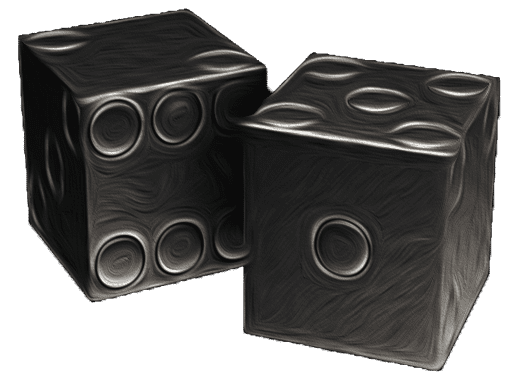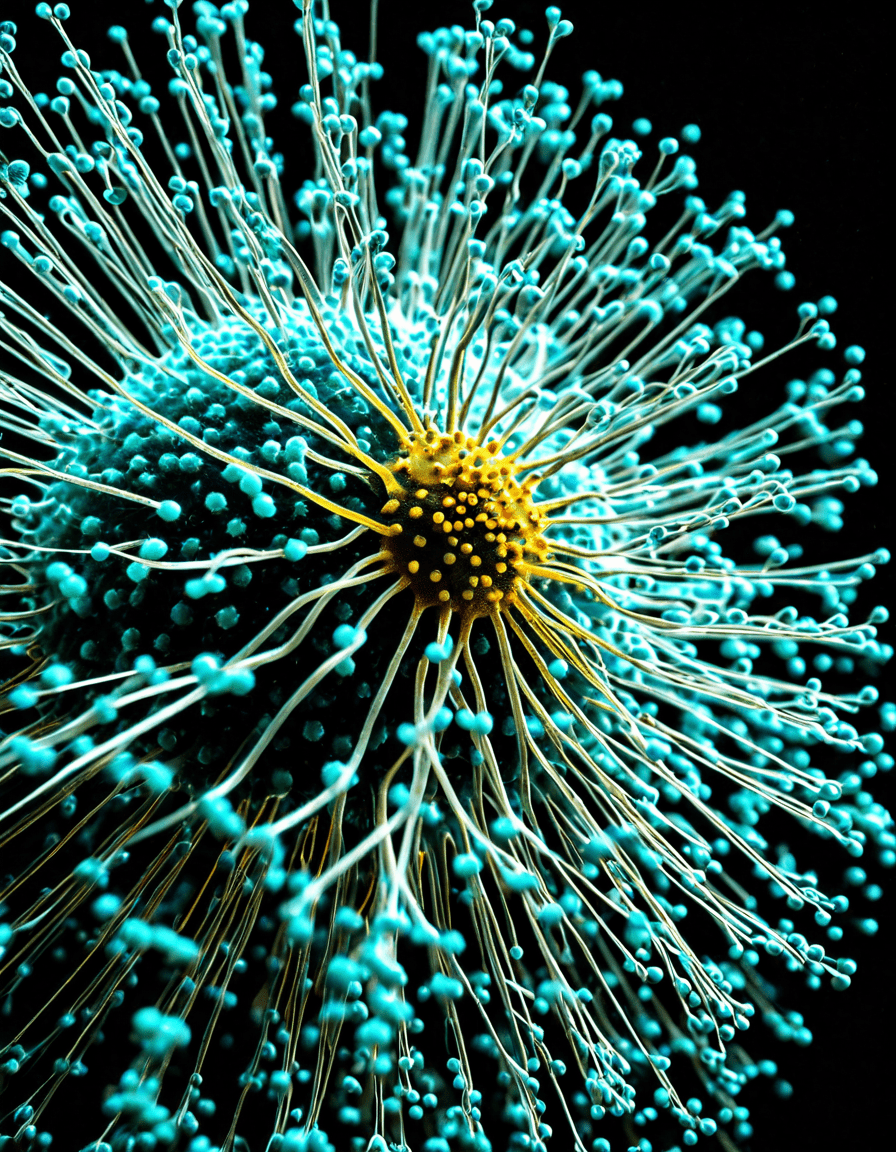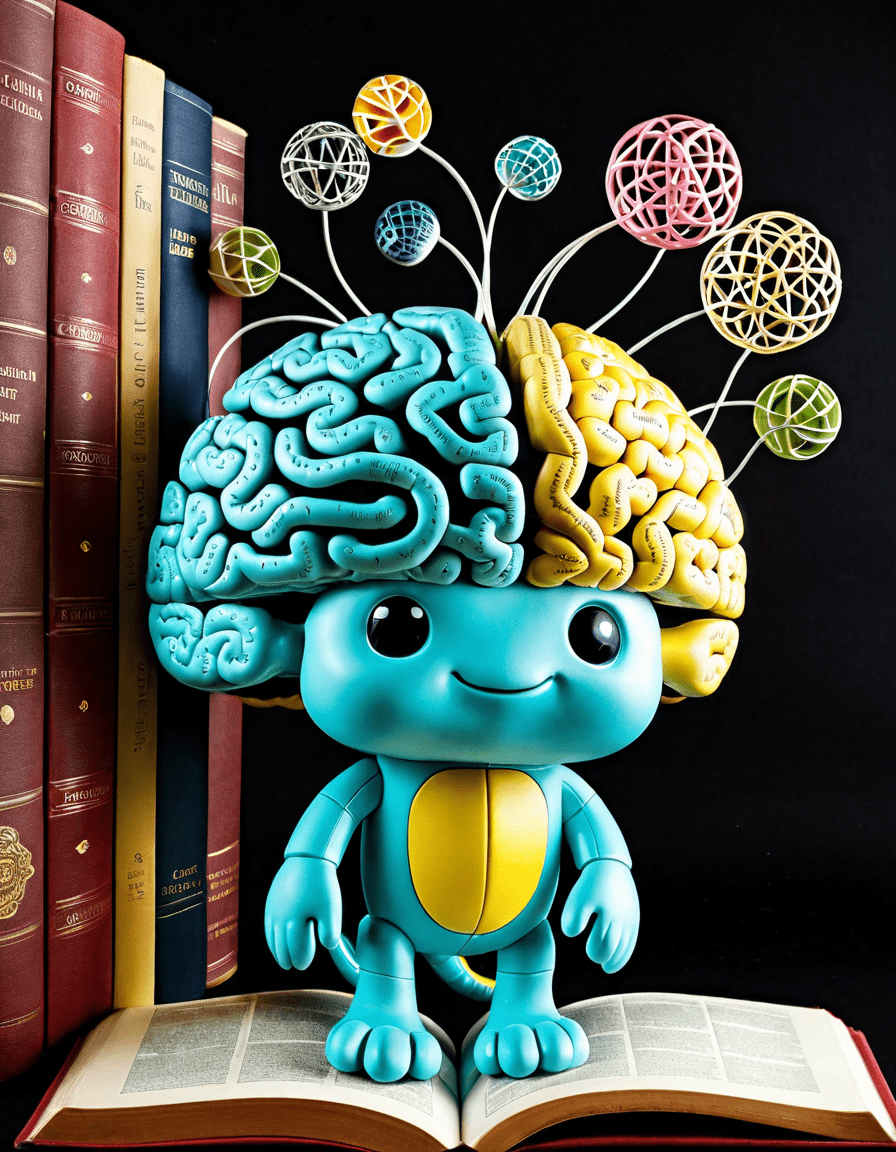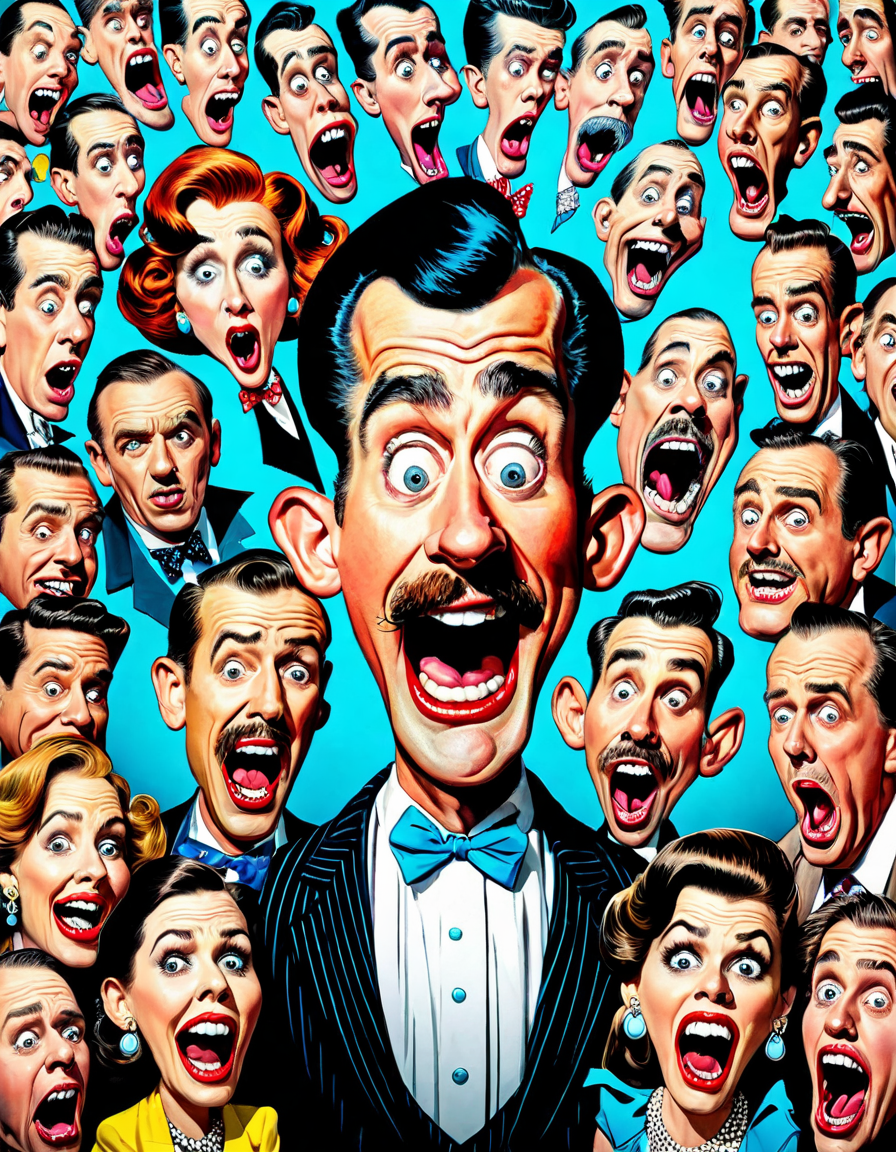Henrietta Lacks, an incredible African-American woman, unwittingly became one of the most significant figures in medical research before she even knew it. Did you know that her cells have been a vital part of numerous groundbreaking advancements? Sadly, Henrietta Lacks passed away from cervical cancer in 1951, but her cancer cells, famously known as HeLa cells, have lived on—literally! This isn’t just a tale of science; it raises serious questions about consent and ethics in medicine. So, sit tight as we learn more about the lasting impact of Henrietta Lacks and how her legacy stretches far beyond the lab.
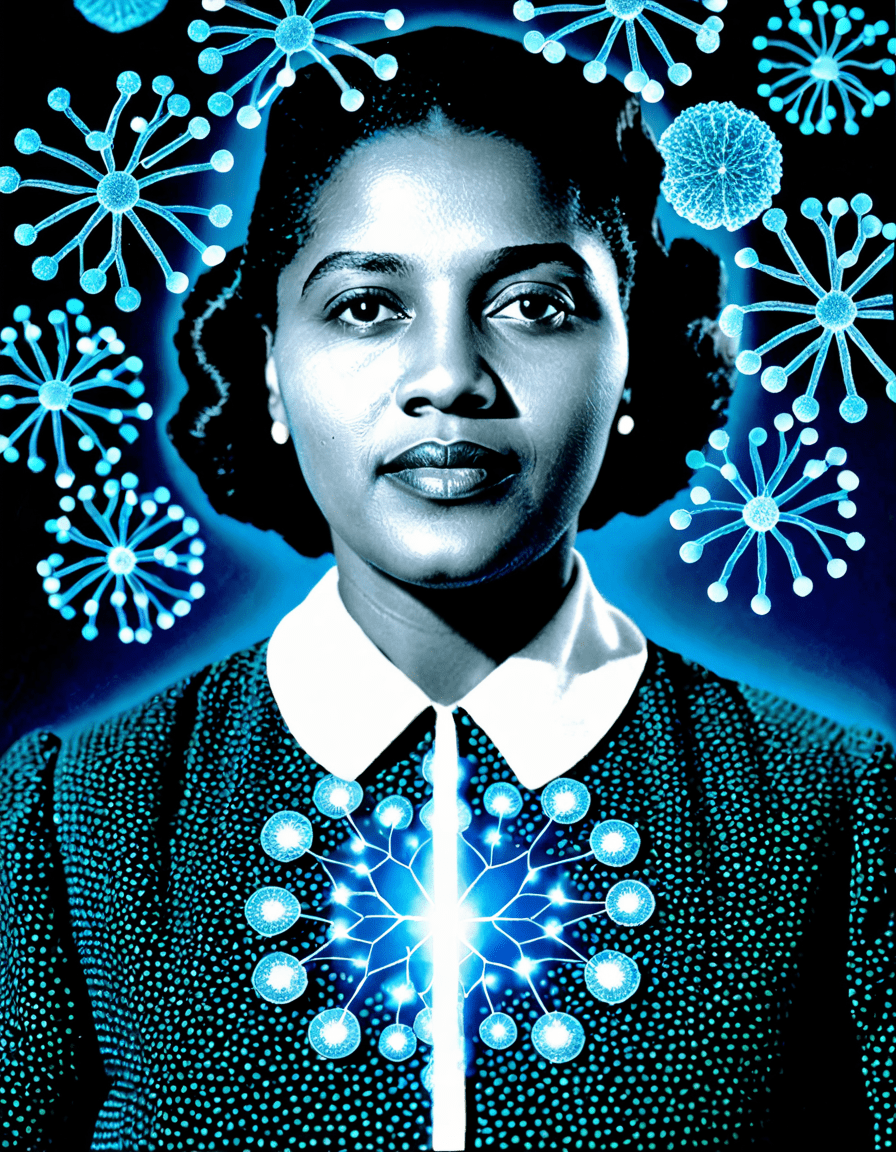
1. Henrietta Lacks and the Birth of HeLa Cells
Let’s set the scene: in the early 1950s, Henrietta walked into Johns Hopkins Hospital seeking treatment for her cancer. Unbeknownst to her, doctors took a sample of her tumor cells without permission. These cells were then cultured and named HeLa cells, a play on her name, highlighting the chilling yet enduring impact of her unwitting contribution. Unlike most human cells, HeLa cells have the uncanny ability to replicate indefinitely in the lab, making them one of the most valuable tools in scientific research.
Now, why is that significant? Well, HeLa cells have paved the way for numerous medical breakthroughs. From expanding our understanding of biology to helping test new treatments, these resilient cells have shown more stamina than a contestant on “Survivor”! However, it’s crucial to recognize the ethical lines that were crossed. The story of Henrietta Lacks compels us to consider the importance of informed consent, especially for marginalized communities, resembling story arcs in current shows like “school spirits,” where ethical dilemmas meet personal narratives.
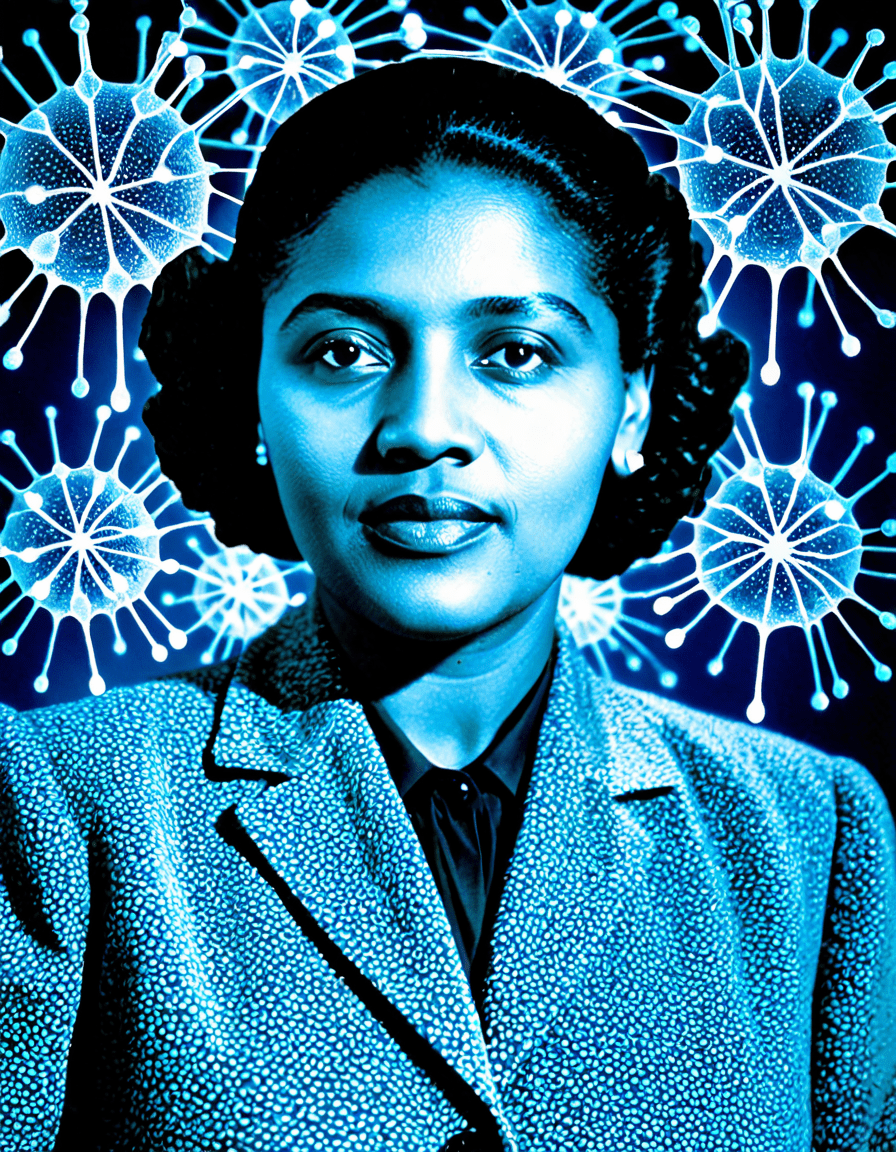
2. Top 5 Groundbreaking Discoveries Fueled by Henrietta Lacks’ HeLa Cells
2.1. The Polio Vaccine Breakthrough
First up, let’s talk about the polio vaccine. Back in the ’50s, Dr. Jonas Salk used HeLa cells to grow the poliovirus in massive quantities for his vaccine. We’re talking about saving millions of lives here! Thanks to Henrietta Lacks, anyone who’s ever thrown a pool party without the worry of polio can give a nod to those cells. Now that’s an accomplishment!
2.2. Advancements in Cancer Research
Next on the list, cancer research. HeLa cells have been the backbone of countless studies, helping us understand the way cancer spreads and develops. They serve as a consistent platform for researchers to test new cancer therapies. In a world of ongoing struggle, where every touch of innovative treatment counts, HeLa cells have stepped up to the plate like the MVP at a championship game.
2.3. Insights into Human Genetics
Moving on, let’s not forget about genetics! HeLa cells were the first human cells successfully cloned, shedding light on DNA and gene expression. This groundbreaking discovery led to techniques like CRISPR—yep, that nifty gene-editing thing that everyone’s buzzing about! Imagine editing genes like getting new perks in a video game, unlocking levels of health and longevity.
2.4. Vaccine Development Beyond Polio
Following in the footsteps of the polio vaccine, HeLa cells proved vital for developing vaccines for diseases like measles, mumps, and rubella (MMR). Talk about a cell’s resume! This wide-reaching impact emphasizes that the legacy of Henrietta Lacks continues to save lives across generations, much like our favorite pop songs that stay stuck in our heads!
2.5. Understanding Human Diseases
Last but not least, HeLa cells have substantially aided our understanding of a range of human diseases—think AIDS and the impacts of radiation. Their resilience and unique ability to replicate consistently offer researchers a reliable base for experimental studies. Every scientific Zoom call discussing new advancements owes a debt to Henrietta Lacks.
3. The Ethical Conversations Surrounding HeLa Cells: A Trigger Warning
Let’s pause for a moment; this next section requires a trigger warning. The tale of Henrietta transcends her biological contributions and sparks conversations about medical ethics and human rights. The extraction of her cells without consent raises eyebrows about exploitation, particularly concerning marginalized communities. It’s a heavy topic, particularly relevant in today’s world where shows like “Outer Banks” delve into similar ethical dilemmas threaded within personal stories. It’s a reminder that behind every medical advancement, there’s often a human story that demands recognition.
4. The Cultural Imprint: Henrietta Lacks in Modern Media
Henrietta’s narrative hasn’t just stewed in science; it’s made its way into popular culture! The HBO film, “The Immortal Life of Henrietta Lacks,” starring none other than Oprah Winfrey, brought this powerful story to mainstream audiences. Just like Ice Spice’s relatable lyrics resonate with fans, Henrietta’s tale ignites discussions about recognition and ethical lines in scientific advancement. We’re not so different, are we? Fame or not, our lives often touch a deeper narrative.
5. The Intersection of Medicine and Pop Culture: HeLa Cells’ Legacy in Today’s Society
Fast forward to the present: HeLa cells continue influencing both modern medicine and pop culture. The character JJ from “Outer Banks” shares themes of struggle against systemic issues, much like the very ethical dilemmas raised in Henrietta’s story. Even animated characters, like those in “Paw Patrol,” remind us of the balance of storytelling and ethical responsibility. It’s fascinating how narratives from our favorites—like “shot caller” or “kings game”—encapsulate complex issues while making them digestible, almost like a well-crafted combo meal.
Innovative Wrap-Up: The Enduring Influence of Henrietta Lacks
Henrietta Lacks’ life and legacy challenge us to reflect on biomedical ethics, social justice, and the intersection of science and culture. Her HeLa cells stand as an unsung hero of medical breakthroughs while serving as a catalyst for change. As we continue to discuss informed consent and equitable recognition, let’s remember her story. Henrietta Lacks reminds us that science should be as ethical and responsible as it is innovative. So, next time you see a medical advancement, take a moment to think about the remarkable woman behind it, ensuring her legacy continues to inspire discussions for years to come.
Now, wasn’t that a ride through legacy and ethics? Remember, behind every breakthrough is a story waiting to be told. Just like the journey of Henrietta Lacks, life itself is a tapestry woven with intricate threads—each thread holding its own story.
And before you go, if you’re into discovering more about fascinating figures in film or culture, check out stories on Melody Marks or the intriguing shows like School Spirits. Who knows, you might stumble upon a brand new favorite!
Henrietta Lacks: The Extraordinary Story Behind Her HeLa Cells
A Legacy Like No Other
Henrietta Lacks was not just an ordinary woman; she was a pioneer in the medical field whose cells helped save countless lives. Born in 1920, she was an African American woman who battled cervical cancer and unknowingly became the source of the first immortal human cell line, known as HeLa cells. These cells have played a critical role in numerous groundbreaking medical advances, including the development of the polio vaccine and cancer treatments. It’s fascinating to think how a single person’s cells could have such a far-reaching impact—a bit like how Kevin Alejandro delivers powerful performances that resonate deeply in the hearts of his fans.
Historical Context and Impact
The story of Henrietta Lacks raises important questions about ethics and consent in medical research. Her cells were taken without her knowledge or permission, setting the stage for ongoing discussions about patients’ rights. Yet, the impact of HeLa cells can’t be denied. They have contributed to pivotal moments in science, much like how Ian Mckellen has influenced the theatrical world with his remarkable talents. Today, researchers continue to depend on them, highlighting a paradox of admiration and respect clashing with ethical considerations.
Modern Cultural Relevance
Henrietta’s legacy has echoed through popular culture, reaching audiences in many ways—including through documentaries and books. More recently, her story was portrayed in various films, reminding people of her immense contributions. These productions serve to educate and inspire, akin to the engaging storylines that often reel in viewers like the animated adventures of Sleipnir. Yet, her story isn’t just one of triumph; it’s a reminder that every person has a storyline worth telling. Just as voice actor Jason Marsden brings characters to life, Henrietta Lacks has left a lasting mark that continues to resonate in the scientific community.
The tale of Henrietta Lacks is one that reminds us of the ethical lines in medical research and the human beings behind significant advancements. Like the fascinating histories behind financial trends in Dbd stock, Henrietta’s life serves not only as an inspiration but a crucial lesson—a story waiting to be shared time and again. As we navigate through the evolving fields of medicine and ethics, her legacy remains an essential conversation starter, ensuring her name isn’t just part of history, but a beacon for future generations to explore.

